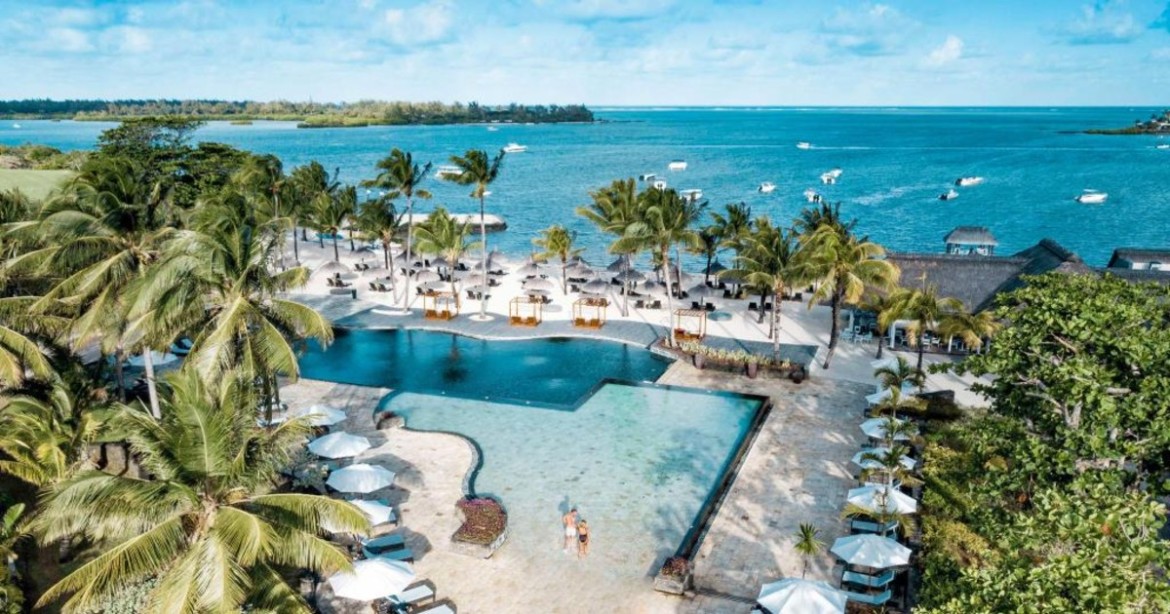Mauritius is among very few countries in the world that have been able to contain the novel coronavirus (COVID-19) in six weeks in the beginning. The COVID-19 pandemic was confirmed to possess reached Mauritius in March 2020. Since the primary 3 cases of COVID-19 were confirmed, the Mauritian authorities conducted ‘Contact tracing’ people that are in grips with infected patients are placed in quarantine, together with doctors, nurses, and cops. On 30th May 2020 the Mauritian government ended the lockdown.
This has been possible due to proactive measures taken by the Government of Mauritius including strong surveillance at the points of entry, starting initially with temperature check and screening of passengers from high-risk countries than to all the incoming passengers, and the successful implementation of WHO advise, guidelines, and protocols. From 15 June 2020, beaches, markets, gyms, parks, Village Halls, Community Centre’s, cinema, and different public places became accessible to the general public however the carrying of masks and social distancing can still be mandatory.

No new cases through native transmission have been detected in Mauritius since 26 Apr 2020 even though there were reports of a few cases in between and more cases reported in Oct. However, it increased all of a sudden in March 2021 which resulted in a second lockdown on Mar 10, 2021. This action was taken after the appearance of four new local positive cases of Covid-19, bringing to 14 the number of local positive cases registered since March 5.
Mauritius shares an umbilical link with India. The Indo-Mauritius people constitute 70% of the population; Indo-Mauritians are those whose ancestors are from the Indian landmass. With a population of about 14 lakhs, Hinduism is followed by more than 50% of the population in Mauritius. This island has the very best share of Hindus in Africa and the third highest percentage of Hindus in the world after Nepal and India. On all festivals and special occasions, the lake lights up with Hindu rituals which will place the customs. Mauritius is predominantly of Indian origin Various TV Channels and Radio stations regularly broadcast programs in Indian languages transmitted by satellite from DD world and AIR, the locals here dress up like how we did a decade ago, by fashion trends.
Being a small country it could implement preventive measures successfully in the beginning. A few of the notable practices that were taken by the Mauritius government for preventing COVID-19 are listed below;
- Early assessment and strengthening of preparedness and response capacities.
- Early increase in surveillance at points of entry of incoming passengers with double temperature checks and a specific investigation followed by community surveillance by health inspectors for 14 days.
- Multiple surveillance systems; namely surveillance at borders, community surveillance, hospital and laboratory surveillance, and the sentinel surveillance system for influenza-like illness and Severe Acute Respiratory Infection.
- Setting up isolation wards, fever/flu clinics, and COVID-19 testing centers to isolate suspected cases.
- Establishment of Flu/Fever clinics and subsequent construction of COVID19 testing centers for triage of symptomatic patients.
- Arising challenges due to border closure and the need to rapidly scale up quarantine capacities and Infection Prevention and Control (IPC) measures to welcome the high volume of incoming Mauritian citizens in the last flights.
- Raised concerns of increased COVID-19 transmission due to panic buying upon sanitary curfew.
- Difficulty in applying IPC measures upon resumption of activities in some specific sectors such as manufacturing and construction due to high residential density of dormitories or the configuration of the working premises.
- Early quarantine measures for incoming passengers with high-risk characteristics.
- Rapid closure of borders upon detection of the first three cases of COVID19, all of which were imported cases.
- Free compulsory quarantine for all returning Mauritian citizens.
- Amended testing strategy for quarantine from the only exit test to regular testing on Day 0, Day 7, and Day 14 for early detection and isolation of cases and reduced costs of quarantine.
- Repatriation for Mauritian citizens required a negative result for the COVID19 test done less than 5 days prior to check-in.
Mauritius’s economy heavily relies on the tourism economy. Mauritius’s overall trade and investment policy has been based on a managed embrace of globalization and cultivation of market access, according to the market research data. Since the country relies heavily on tourism, the government was under increasing pressure to reopen its airport and rescue an industry that employs almost a fifth of its workforce. There were reports of a disturbance in the quarantine Centres from individuals contesting the restriction in spite of lengthy and repeated sensitization.
Even though one can argue that the size of the country is its reason for faster containment in the initial stage, we need to consider that even bigger countries are governed by local governments at the grass-root level. Now, it is for each local government of big countries to act fast to protect its territory soon as infection is reported nearby. Thus, if the local administrations of big countries act fast with the support of higher authorities in the hierarchy then we can save the economy as a whole and its livelihood in the coming days.
DART Consulting provides business consulting through its network of Independent Consultants. Our services include preparing business plans, market research, and providing business advisory services through the network of Independent Consultants. More details at https://www.dartconsulting.co.in/dart-consultants.html


